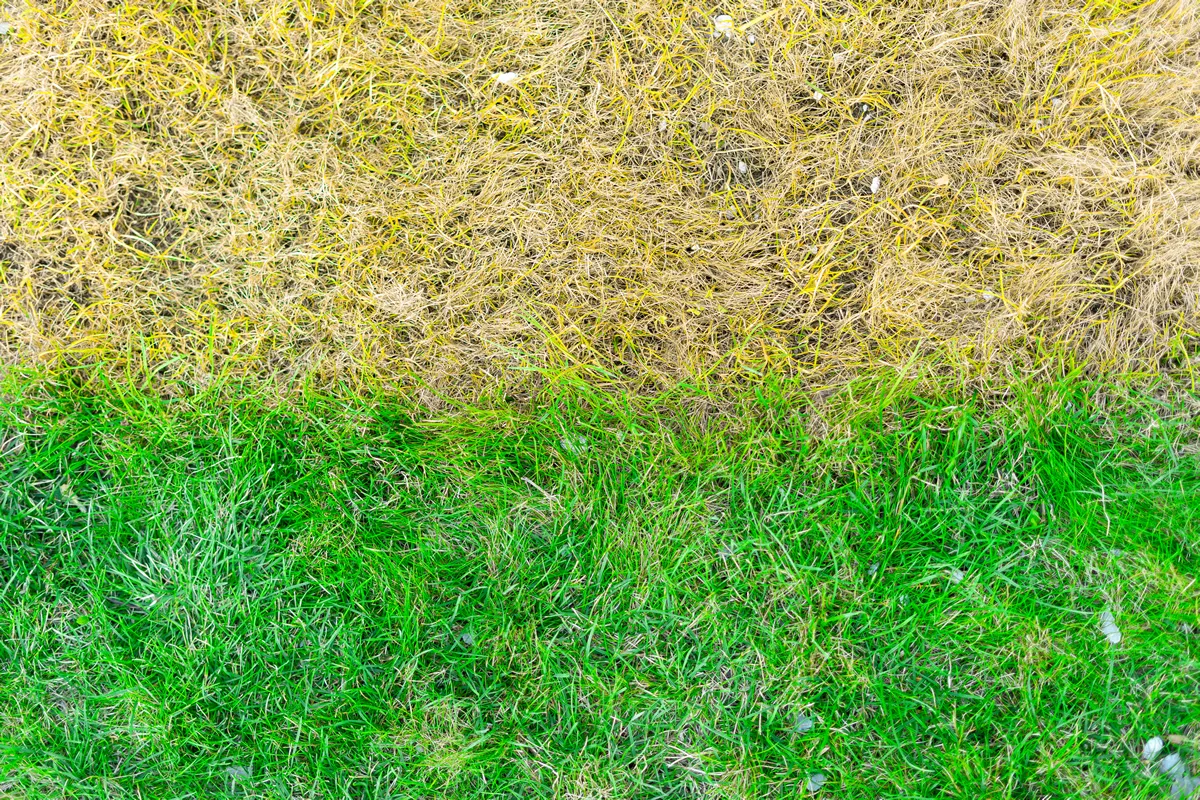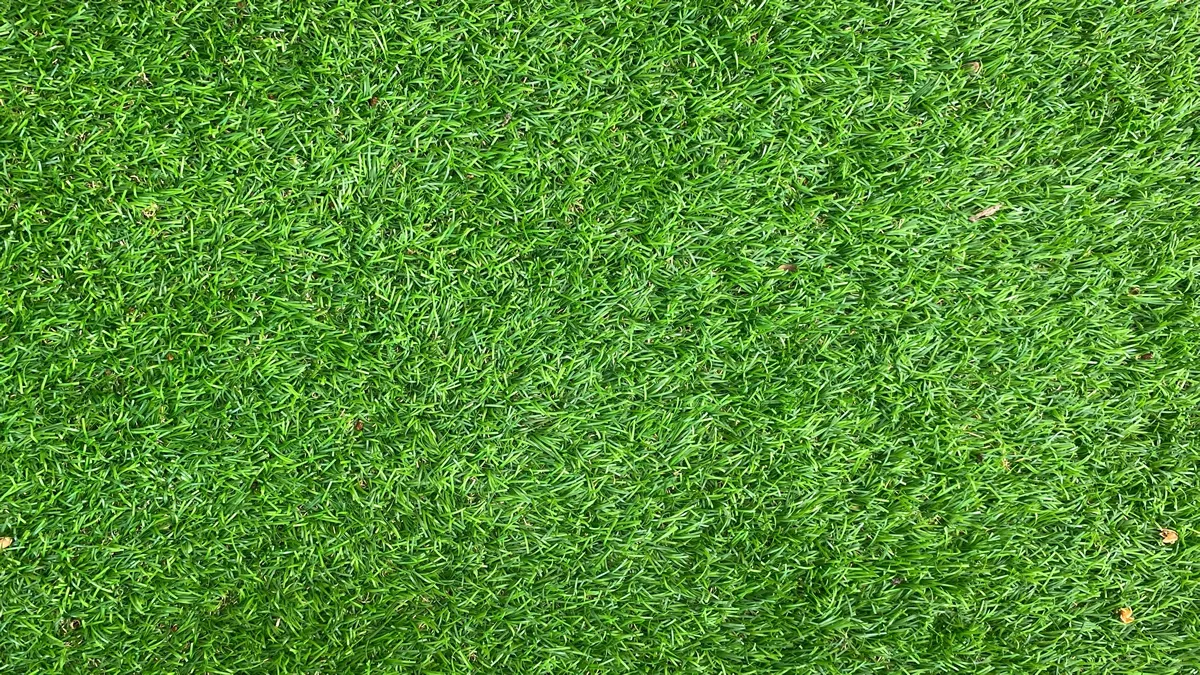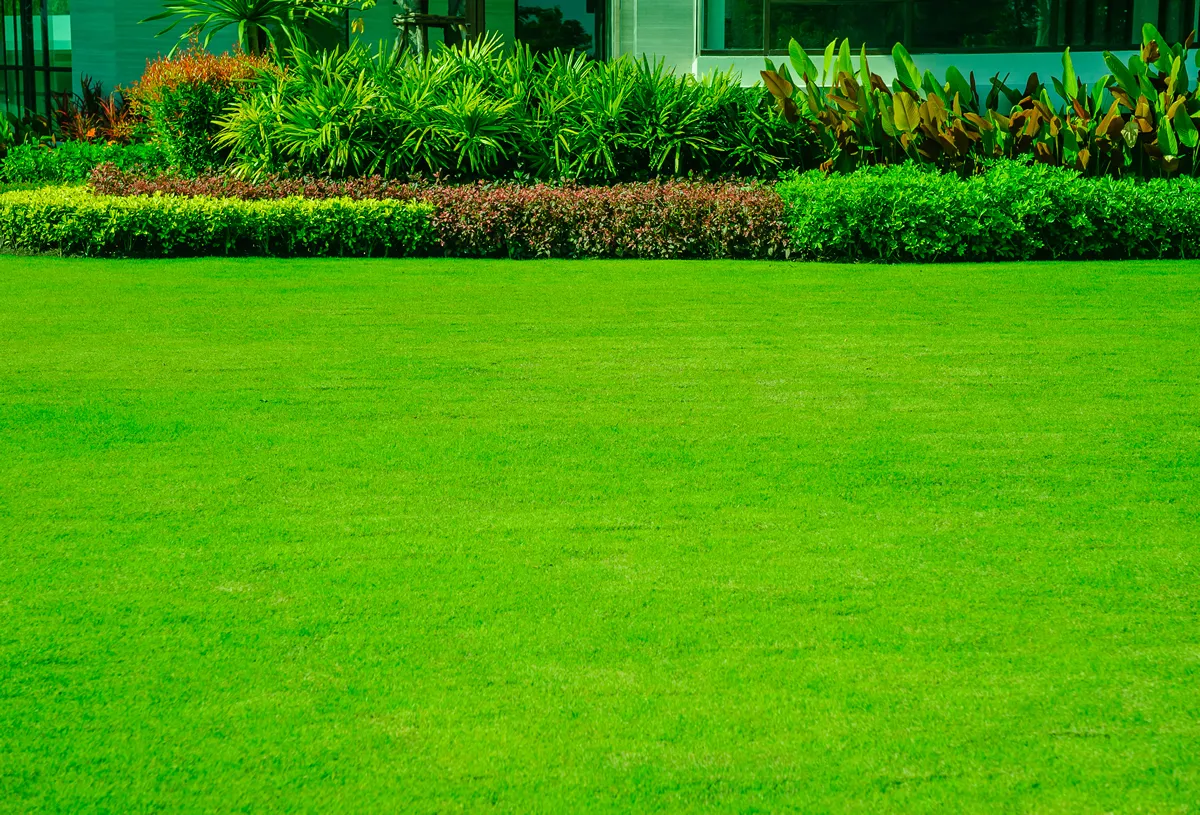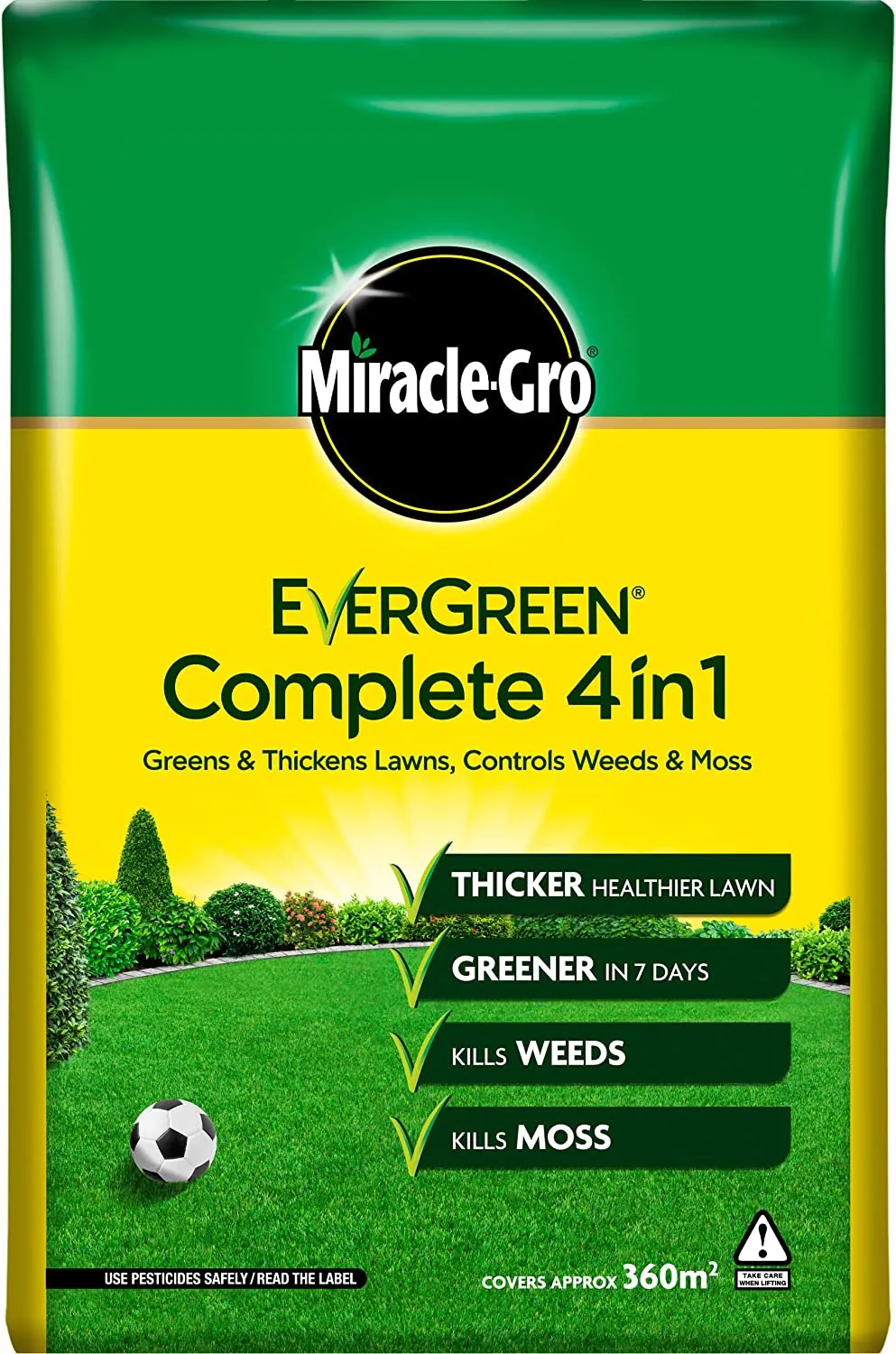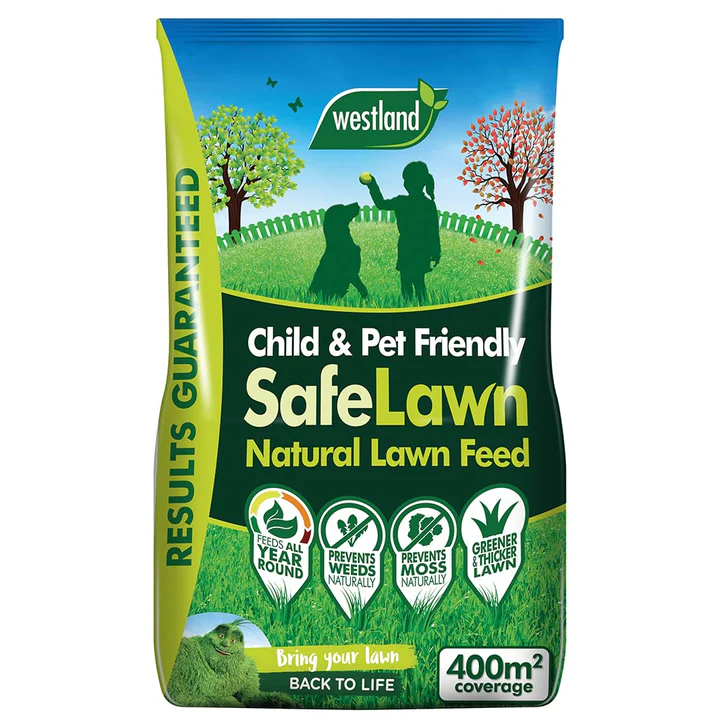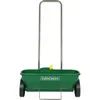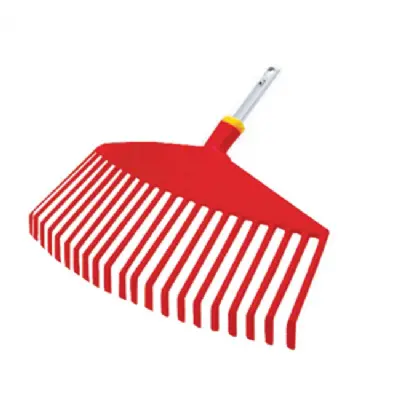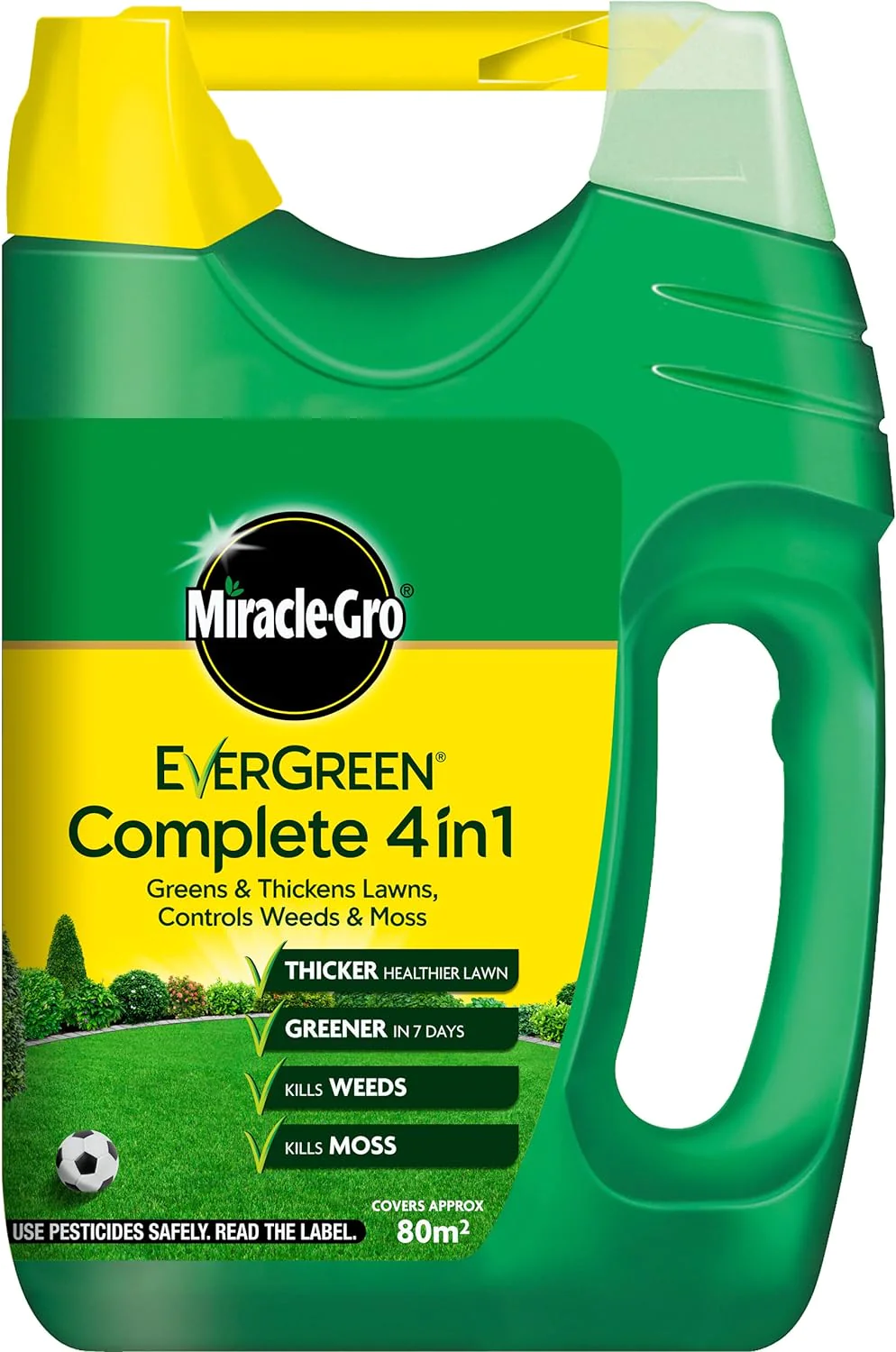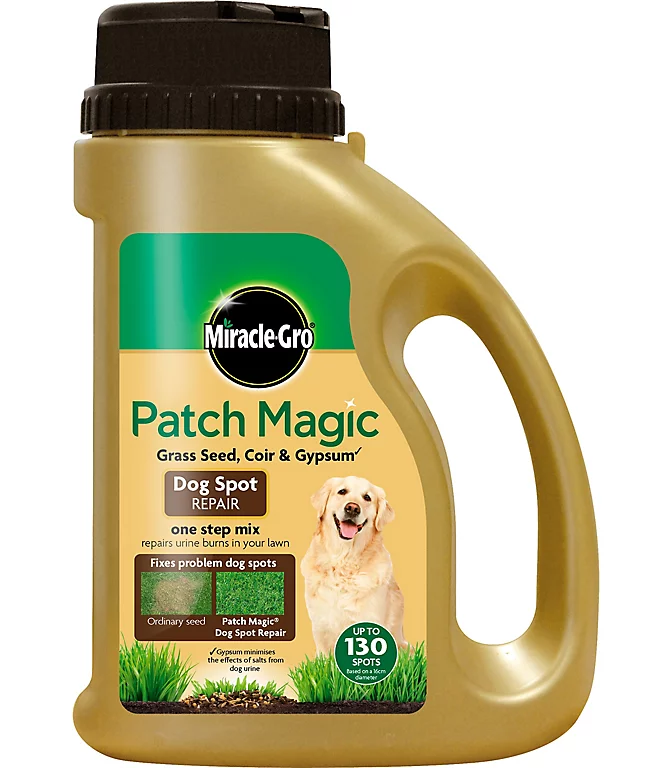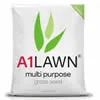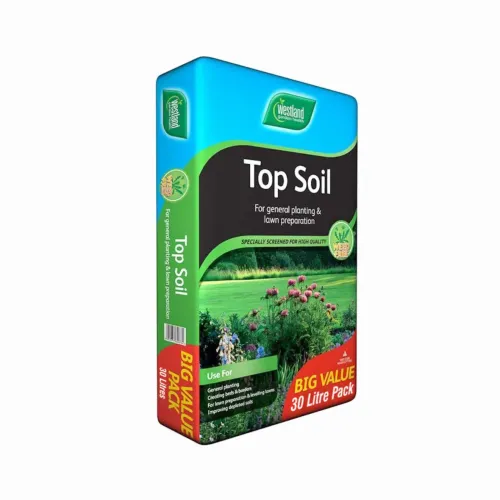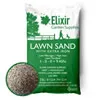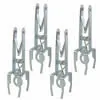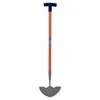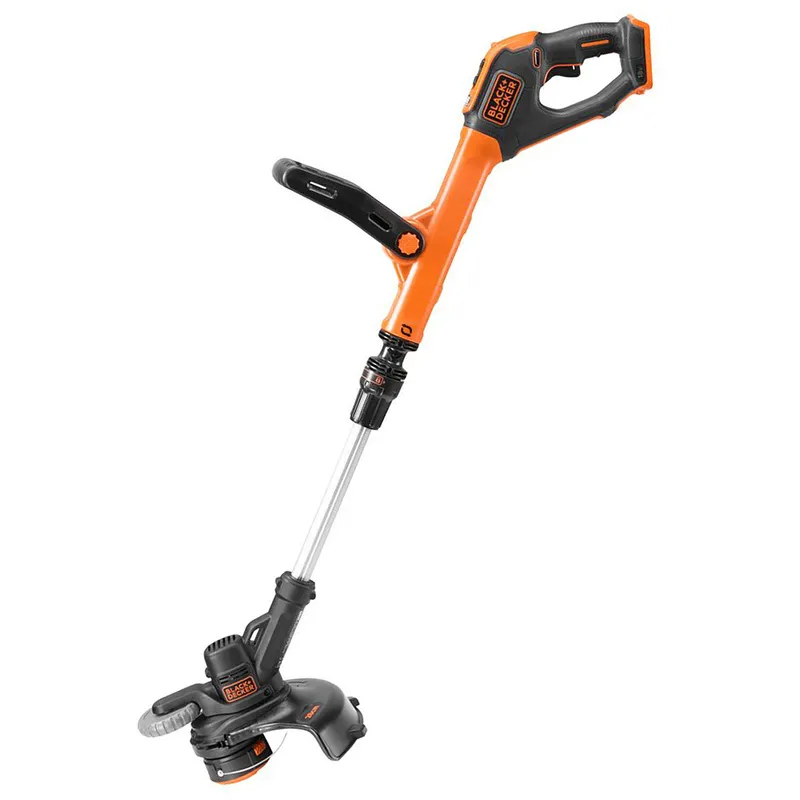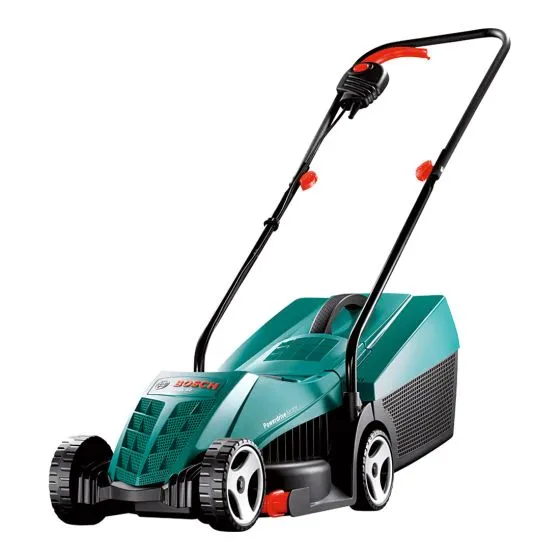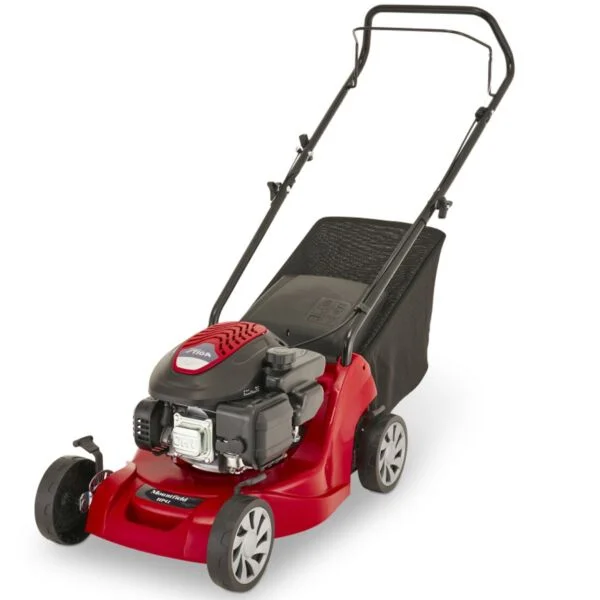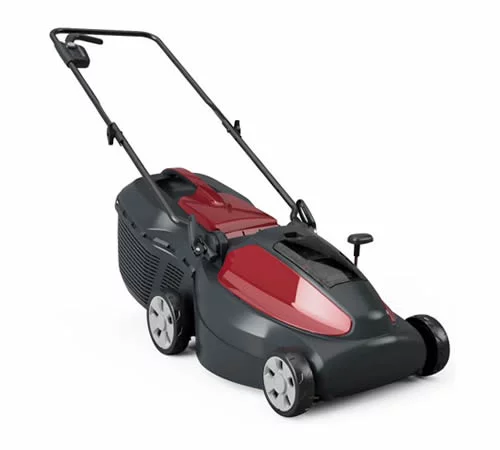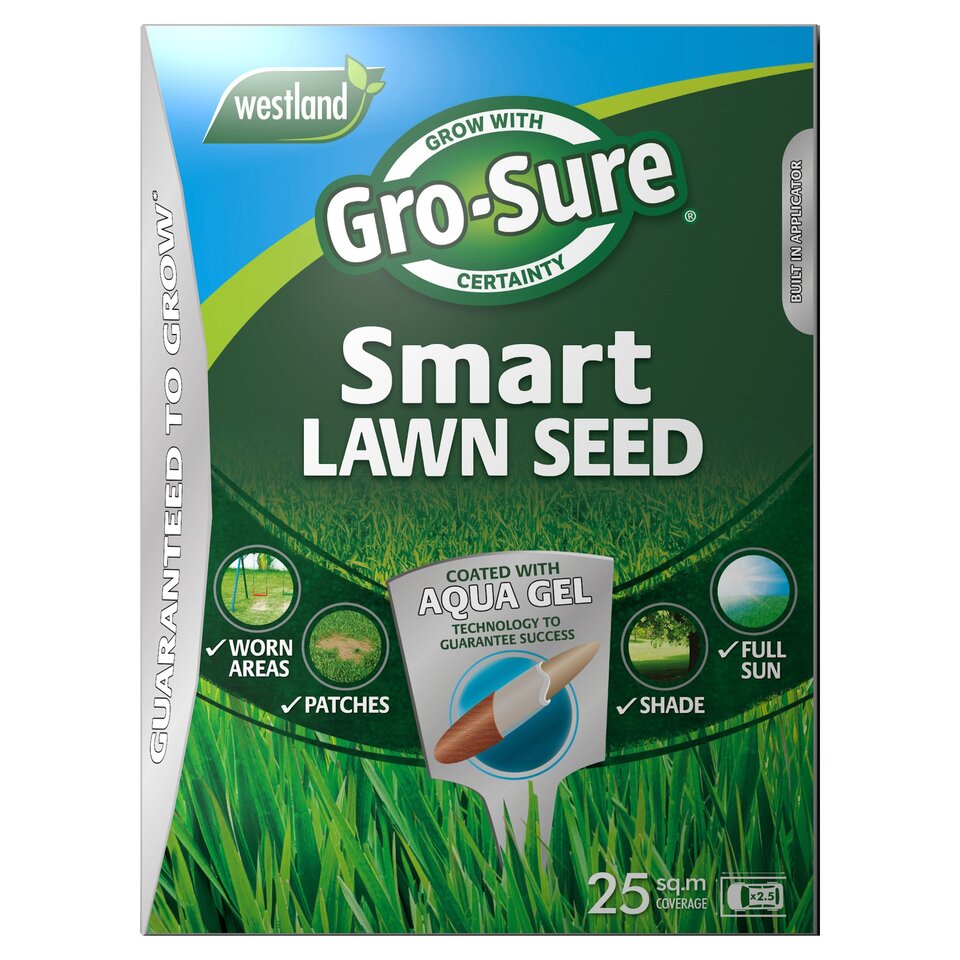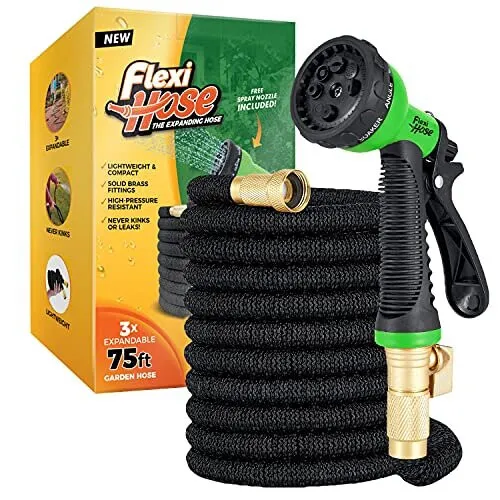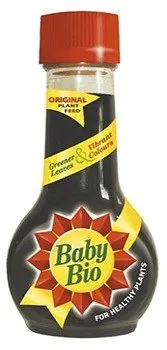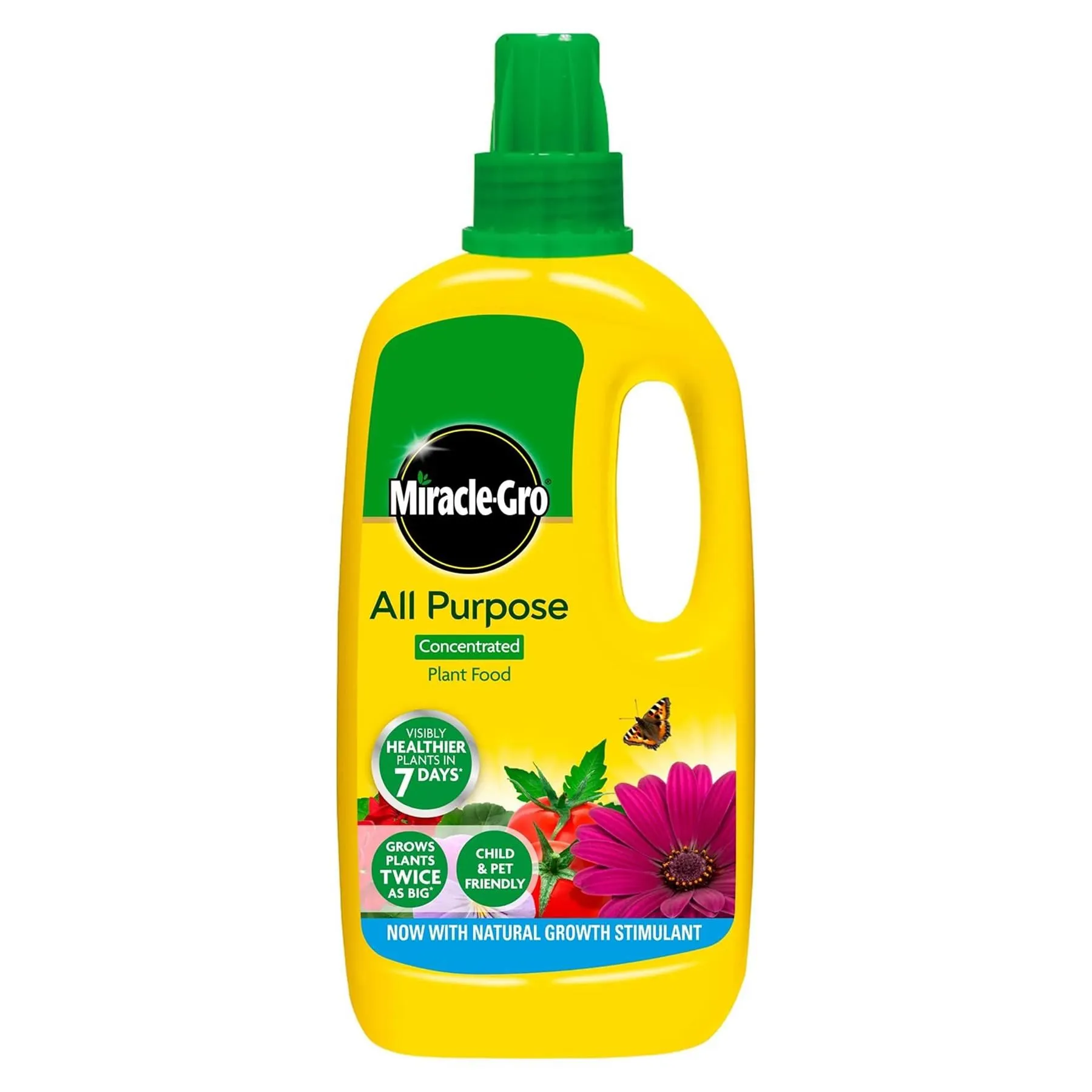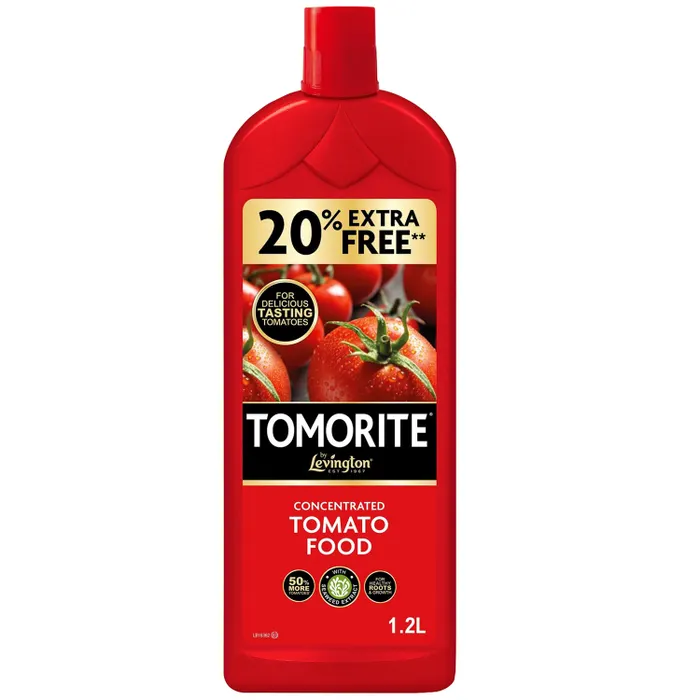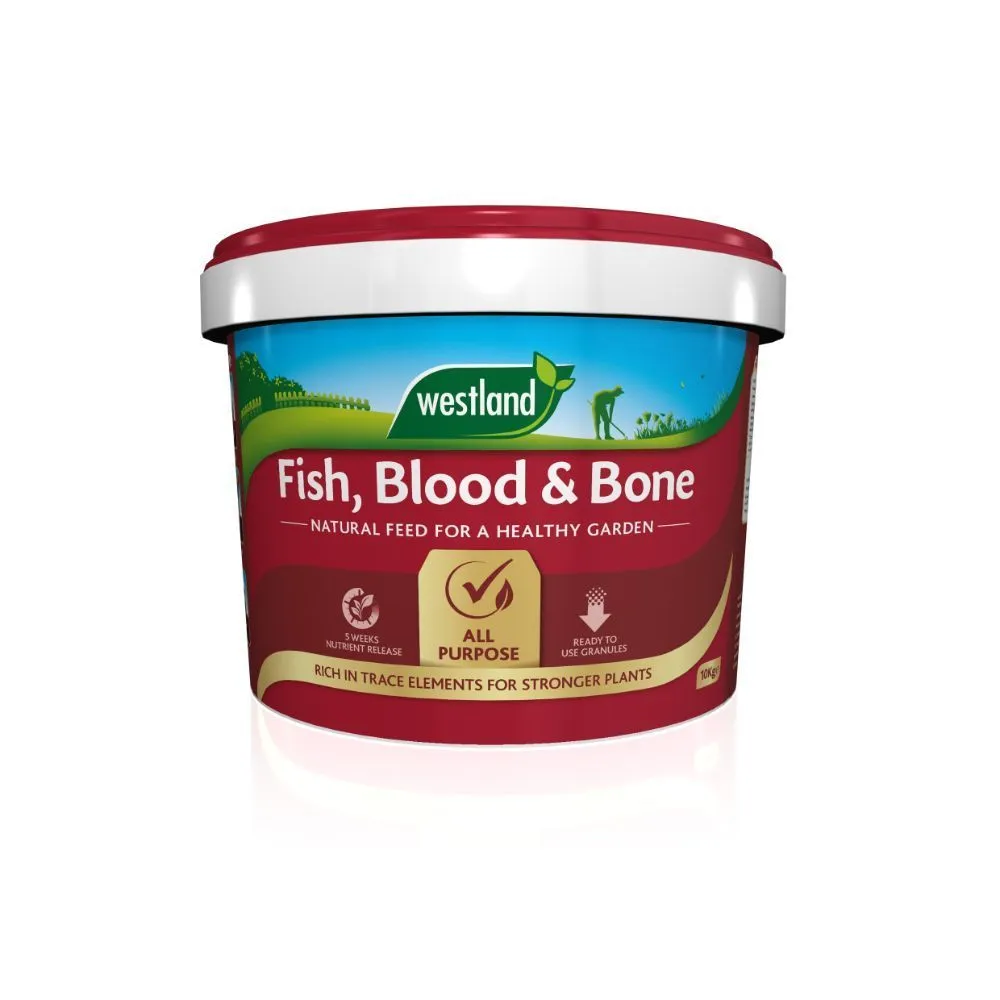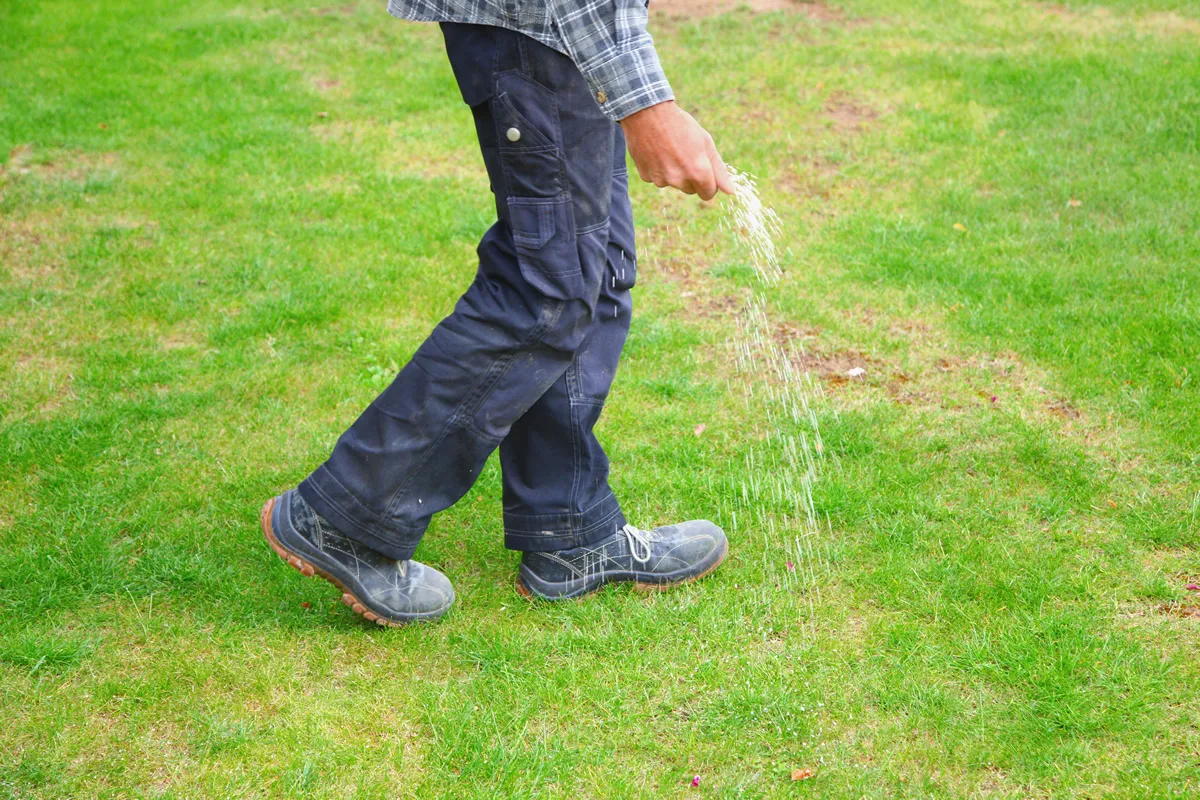
To fully understand why it is necessary to feed a lawn, and when you should, it is helpful to know a little about grasses asplants. All plants use their leaves in the food assimilationprocess which then keeps them healthy most of the time andare able to go through life without too much help or hindrancefrom human beings.
The lawn in the image, never gets fed - and rarely watered! It is subjected to the public walking over it week in week out!
If you strip the leaves off a perennial plant, they will normally re grow but a little bit smaller and weaker. If you keep taking the leaves off, the plant will eventually weaken and die. No matter how good the soil below is, if the plant cannot turn soil chemicals into the food that it requires, it will starve.
Leaves are responsible for assimilation of soil chemicals into life-giving nutrients to feed the whole plant. The stem, roots, flower buds and new leaves; all are dependent upon those life-supporting leaves.
Feeding your lawn is like giving it a much-needed health boost, ensuring it not only survives but thrives throughout the year. In the UK, with its unique climate, taking care of your lawn becomes an essential part of gardening that can't be overlooked.
To start with, feeding your lawn provides it with essential nutrients that might be missing from the soil. Just like we humans take vitamins to supplement our diets, lawns need their dose of nutrition too. Fertilizers are packed with nitrogen for lush green growth, phosphorus for strong root development, and potassium for overall health, helping your lawn to resist drought, disease, and other stresses.
The weather in the UK can be particularly challenging, with cold, wet winters and variable summers. During spring, feeding your lawn kick-starts its growth, giving it the energy it needs to come back strong after the winter dormancy. Then, as we move into summer, additional feeding can help it withstand the wear and tear of summer activities, as well as the potential stress from heat and limited rainfall.
Not to be forgotten, the autumn feed is crucial. This prepares your lawn for the cold months ahead, strengthening its roots and ensuring it has a robust base to survive the winter. Without this vital nourishment, your lawn could enter spring in a weakened state, struggling to grow and more susceptible to disease and pests.
But it's not just about survival. A well-fed lawn is a beautiful lawn. It enhances your garden's appearance, creating a vibrant and inviting outdoor space for you and your family to enjoy. It also benefits the environment by improving air quality, supporting wildlife, and helping to prevent soil erosion.
Feeding your lawn is a simple yet impactful way to ensure it remains a lush, healthy, and beautiful part of your garden. With regular feeding, following the specific needs of each season, your lawn can become the envy of the neighbourhood, a testament to the love and care you pour into your garden.

